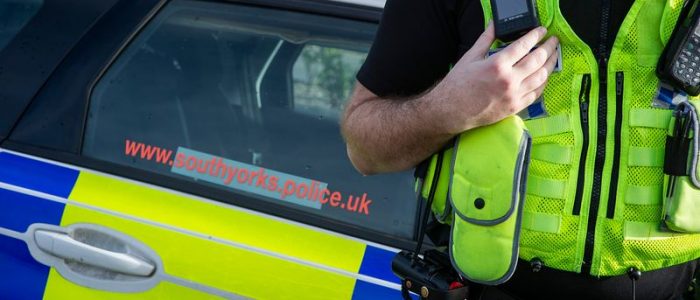Poor driver legislation puts officers at risk of being criminalised following pursuits
POOR legislation that puts officers at risk of being criminalised following pursuits needs to be amended so officers can safely respond to emergency calls.
Steve Kent, South Yorkshire Police Federation has warned, was speaking about the Police, Crime, Sentencing and Courts Bill – currently going through Parliament, which has been criticised for not going far enough in driver protections.
“An officer will be licensed to drive in accordance to what they have been trained to do but nothing more. Performing a manoeuvre which is not trained or in policy is likely to fall into the new definition of dangerous and careless driving under a new test against the careful and competent police driver”, Tim Rogers, of the Police Federation of England and Wales has explained.
He said: “Going beyond the terms of that licence could give rise to criminal liability. I have grave concerns around the practicality of this approach.”
Steve Kent said: “This is one of the most critical aspects of that Bill as far as I’m concerned. While it is going in the right direction, it has left a gaping hole where there’s still that possibility of officers being charged. This is frankly astonishing.
“We can’t be in a position where our police drivers don’t respond appropriately to emergency calls. It’s our job to do that and I’m sure the public would lose support for us if we didn’t blue light it to reports of people who end up being attacked on the street, for example. So officers need to be fully protected.
“I I do think we need to remind our officers to be very careful and just obviously drive according to the risk that’s needed. Obviously body worn video and car sets help with that going forward, but officers do need to be away that this loophole hasn’t been closed and they need to have it, sadly, in the back of their minds when they’re doing what they’re doing.”
Steve has promised to take this issue forward with the Chief Constable, the PCC and local MPs.

